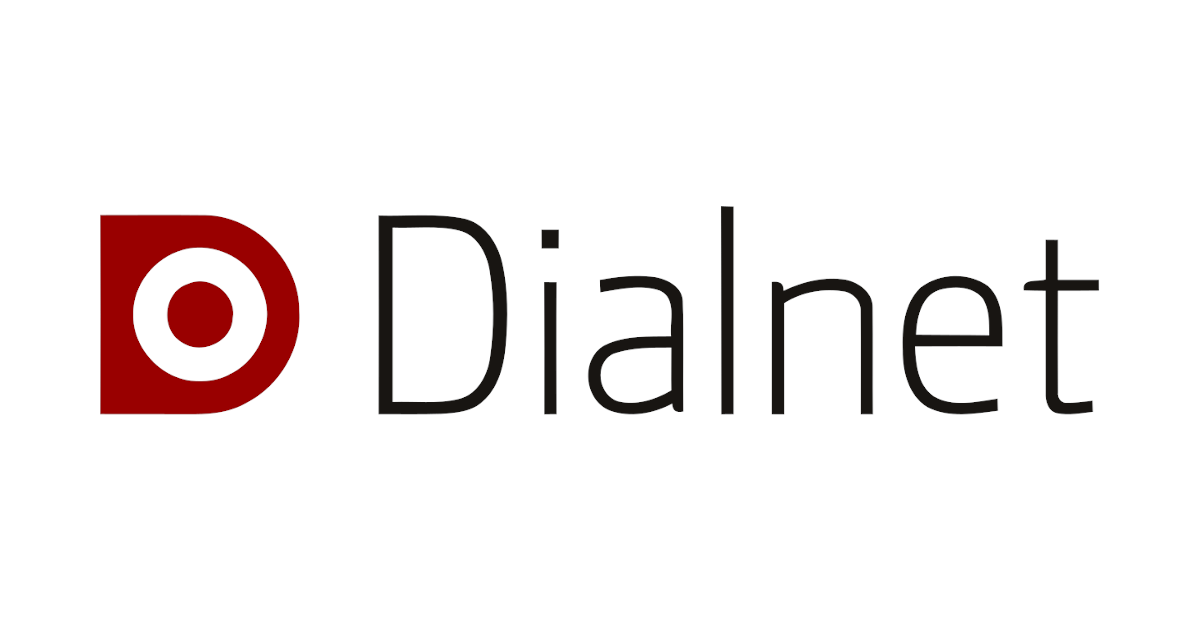Participation to foster shared parenting responsibility of parents and guardians in the educational process
DOI:
https://doi.org/10.70219/mby-232025-383Keywords:
Action Research, Parenting Responsibility, Educational Process, Participation, Parents and RepresentativesAbstract
Participation to promote shared parenting responsibility involves actively engaging parents and guardians in the educational process. These spaces allow for the exchange of ideas and practices, strengthening the relationship between the family and the school. Family involvement not only improves students' academic performance but also fosters a sense of community, empowering parents in their educational role and reinforcing the rights of children and adolescents. The research is based on the Socio-Critical paradigm, fundamentally identifying the deep nature of the realities under study and their dynamic structure, understanding everything that fully explains their behavior and manifestations. It was developed using the Participatory Action Research modality, through the phases: diagnosis, action planning, action, observation, learning, and reflection. The general purpose is to “promote participation aimed at fostering shared parenting responsibility among the collective of parents and guardians in the educational process of the 'Doctor José Manuel Siso Martínez' Educational Unit in the municipality of Valera,” and from the voices of social actors to achieve the generation of knowledge through the SWOT matrix, direct observation, discussions, interviews, and systematization, concluding that the participation of parents and guardians is essential to foster shared parenting responsibility and that this active involvement benefits not only the academic development of students but also strengthens their emotional well-being.
Downloads
References
Alarcón, V. (2005). La teoría crítica y las tareas actuales de la crítica. España: Anthropos. https://www.google.co.uk/books/edition/La_teoría_crítica_y_las_tareas_actuale/LM4f2NPeOeAC?hl=es&gbpv=0
Aparicio, A., & Aparicio, E. (2021). Referentes filosóficos del proceso educativo. Revista Internacional de Filosofía Teórica y Práctica, 1(2), 157-168. https://doi.org/10.51660/riftp.v1i2.37
Domínguez, S. (2015). Familia y escuela: Encuesta de participación en un centro concertado de clase media (Tesis de pregrado). Escuela Universitaria de Magisterio de Bilbao. https://addi.ehu.es/bitstream/handle/10810/17647/TFG%20Sandra%20Dom%c3%adnguez%20Bote.pdf?sequence=2&isAllowed=y
Dueñas, L. R., & García, E. (2012). El estudio de la cultura de la participación: Aproximación a la demarcación del concepto. Razón y Palabra, 80, 1-18. https://www.redalyc.org/pdf/1995/199524426008.pdf
Gil, L. (2022). Participación de la familia en los procesos de aprendizajes y rendimiento escolar en los niños de primaria. Universidad Pedagógica Experimental Libertador, Instituto Pedagógico Rural “Gervasio Rubio”. https://espacio.digital.upel.edu.ve/index.php/TGM/article/view/395/384
Guzón, J., & González, F. (2019). La comunicación entre la familia y la escuela. Papeles salmantinos de educación, 23, 31-53. https://doi.org/10.36576/summa.108386
Kemmis, S., & McTaggart, R. (1998). Cómo planificar la investigación-acción. Laertes.
Kincheloe, J., & McLaren, P. (2005). Repensar la teoría crítica y la investigación cualitativa. En N. K. Denzin & Y. S. Lincoln (Eds.), The Sage handbook of qualitative research. 3ª ed. Sage Publications.
Llanos, A. L. (2021). Cómo resignificar la escuela: Racionalidad y epistemología. Ediciones de la U. https://www.google.co.ve/books/edition/Cómo_resignificar_la_escuela/znNxEAAAQBAJ?hl=es&gbpv=1&dq=Kemmis+y+Mctaggart+(1998)&pg=PA220&printsec=frontcover
Llanos, E. N. (2023). La participación ciudadana en la educación pública. Horizontes. Revista de Investigación en Ciencias de la Educación, 7(29), 1515–1533. https://doi.org/10.33996/revistahorizontes.v7i29.610
Murcia, F. (1988). Investigar para cambiar. Editorial Magisterio. Bogotá. https://www.google.co.ve/books/edition/Investigar_para_cambiar/Il1qQgAACAAJ?hl=es
Salas, N. (2021). Efectos de un programa de integración familiar en la participación de padres y representantes. Revista Conocimiento, Investigación y Educación CIE, 3(13), 63-67. https://ojs.unipamplona.edu.co/index.php/cie/article/view/1294
Sierra, M. F. (2014). Corresponsabilidad de padres de familia en los procesos formativos de los niños vinculados a la Fundación Imago Casa Cultural Imago (Trabajo de grado en servicio social comunitario). Universidad Católica de Colombia. https://repository.ucatolica.edu.co/server/api/core/bitstreams/9d005646-92e4-42c8-84af-e729effdbdc8/content
Torres, L., Garrido, A., Reyes, A., & Ortega, P. (2008). Responsabilidades en la crianza de los hijos. Enseñanza e Investigación en Psicología, 13(1), 77-89.
Valles, N. S. (2021). Corresponsabilidad de la familia, educación y tiempos de pandemia. En J. A. Trujillo Holguín, A. C. Ríos Castillo, & J. L. García Leos (Eds.), Desarrollo profesional docente: reflexiones y experiencias de trabajo durante la pandemia (pp. 405-416). Escuela Normal Superior Profr. José E. Medrano R. https://www.academia.edu/114619381/Corresponsabilidad_de_la_familia_educación_y_tiempos_de_pandemia
Yaguna, J. P., Yaguna, M. E., & Caicedo, C. R. (2022). Participación en la gestión educativa como vigencia de los derechos humanos. Revista Venezolana de Gerencia, 27(100), 1443-1461. https://doi.org/10.52080/rvgluz.27.100.10












